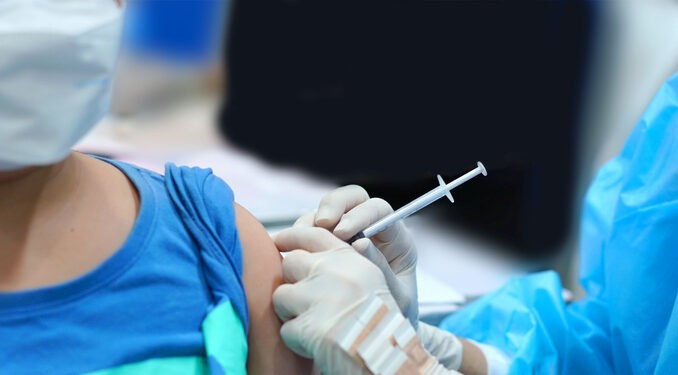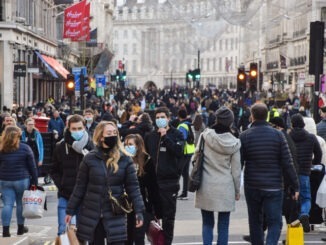
As reported by the BBC, Covid infections in the UK have fallen to their lowest level since October last year, the Office for National Statistics (ONS) says.
Fewer than a million people had the virus in the last week of August – about one in 70, down from one in 15 in mid-July.
Covid is decreasing in England and Wales, but staying constant in Northern Ireland and Scotland.
Millions of the most vulnerable are being offered booster jabs.
Health experts have predicted there will be a jump in Covid and flu infections in the run-up to this winter, and anyone who is eligible for an extra vaccine should boost their protection against both illnesses.
The autumn booster campaign began across most of the UK last week, with care home residents vaccinated first. Everyone aged 50 and over will be invited over the coming weeks.
Many will receive one of two recently-updated vaccines which target the Omicron variant, as well as the original virus.
About 944,700 people in the UK had coronavirus in the week ending 28 August, which is – as reported by the ONS – down from 1.1 million the week before.
This is the lowest since October 2021, although infections also fell below a million in late May and early June this year.
Covid rates by nation for the end of August are:
- one in 70 in England
- one in 95 in Wales
- one in 50 in Northern Ireland
- one in 50 in Scotland
Most English regions recorded falls in infections and most age groups too. Only among young people aged 17-24 and over-70s were there no signs of any change in trend.
The ONS has said it will be monitoring the effects of schools reopening for the start of the new term on Covid levels in the coming weeks.
The groups who qualify for an autumn booster in the UK are:
- adults aged 50 and over
- people aged five to 49 with health conditions that put them at higher risk, including pregnant women
- care home staff
- front line health and social care workers
- carers aged 16 to 49
- household contacts of people with weakened immune systems
The most vulnerable will be prioritised first.


Be the first to comment